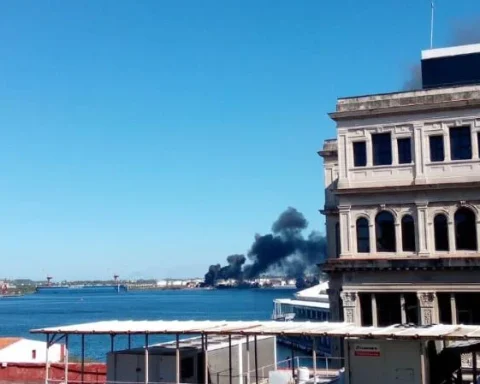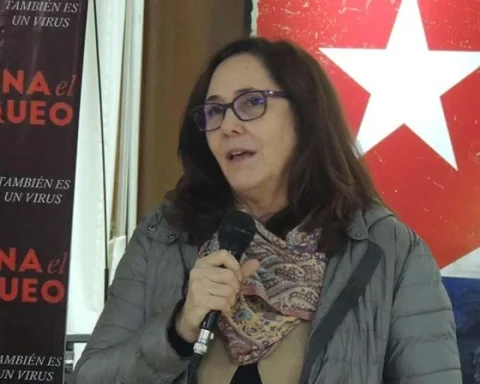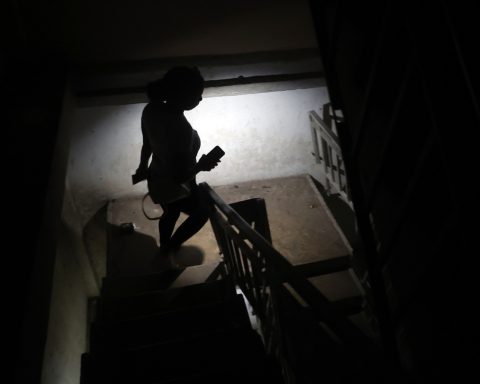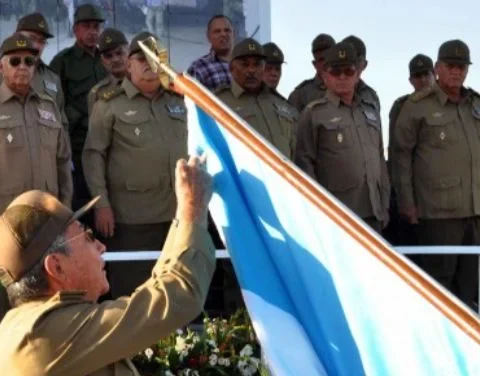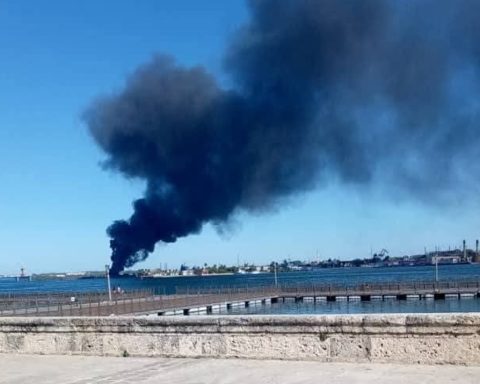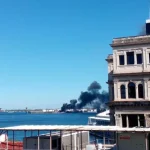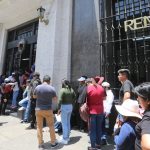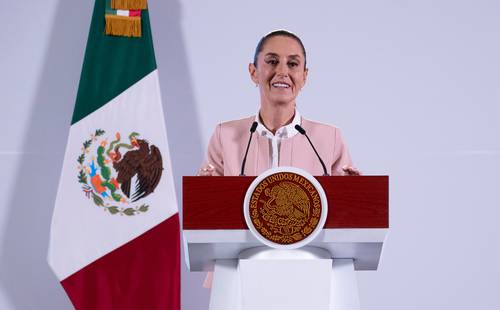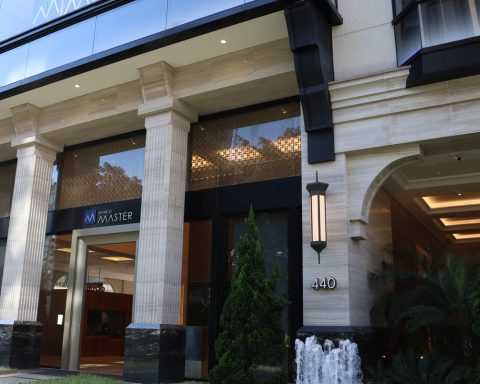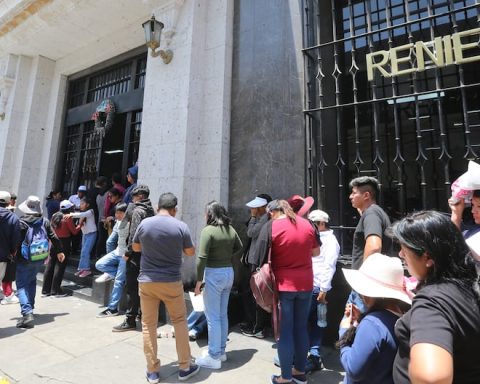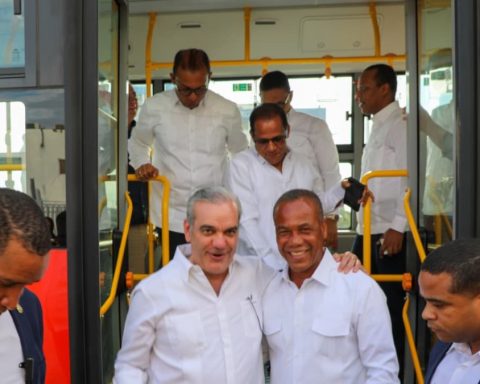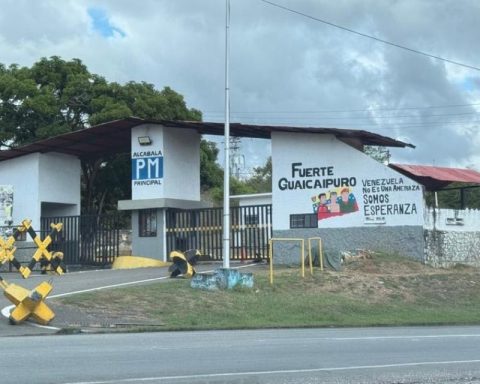MIAMI, United States. – The Cuban Institute for Freedom of Expression and Press (ICLEP) document 74 violations of freedom of expression and press in Cuba during the month of October, which represents an increase of 105.56% compared to the previous month.
The organization attributed this figure to the intensification of government repression against journalists and citizens who took to the streets to protest the energy crisis affecting the country.
Of the total incidents reported, 28 are related to attacks on freedom of the press and 46 with freedom of expression. The violations include 27 cases of attacks, threats and psychological harassment, 18 arbitrary detentions, 11 abuses of state power, eight restrictions in the digital space, six detentions and four physical attacks. The main organizations responsible for these actions are State Security and the National Revolutionary Police (PNR), according to ICLEP.
The most affected provinces were Havana and Villa Clara, with 21 cases each, followed by Las Tunas (7), Guantánamo (6), Artemisa and Sancti Spíritus (5 each) and Camagüey (4). In total, violations were recorded in 10 provinces on the Island.
A significant event noted by ICLEP occurred on October 21 in Manicaragua, Villa Clara, where citizens protested in front of the municipal government headquarters in the middle of the national energy collapse. After the demonstration, several participants were arrested and transferred to La Pendiente prison.
Among the 48 identified victims, which include 37 men and 11 women, are 17 journalists, 16 citizens, eight political prisoners, four opponents, three activists and three content creators. The ICLEP stressed that the majority of those detained for peacefully protesting against the blackouts had no ties to organizations opposed to the regime; They were citizens who expressed legitimate complaints about the deficiencies aggravated by the energy crisis.
During October, a worrying escalation of repression was observed against journalists and collaborators of independent media such as CubaNet, The Touch and Neighborhood Journalism. Several professionals were interrogated, threatened and forced to record videos accusing themselves of crimes they did not commit. In addition, they were forced to publicly resign from their jobs with these media on social networks.
Likewise, directors and journalists from the ICLEP community media, such as Juan Manuel Moreno Borrego (Havana Dawn), Orlidia Barceló Pérez (The Spirituan), Mabel Páez Díaz (Artemis’s Pestle) and Antonio Suárez Fonticiella (Villarena Pages), were summoned simultaneously in their provinces. They were also interrogated and threatened to make them abandon their journalistic work.
Despite the energy crisis and fuel shortage, the regime allocated resources to monitor, harass and repress journalists and collaborators of independent media and ICLEP itself.
On the other hand, threats against political prisoners persisted. Independent journalist Carlos Michael Morales, who is serving an eight-month sentence of house arrest, received an ultimatum to start working for the State or serve the rest of his sentence in prison. Pedro Luis Fernández Peralta, municipal coordinator of the United Antitotalitarian Forum (FANTU) in Havana, was threatened by State Security after refusing to collaborate as an informant. In addition, political prisoner and animal activist Gustavo Mena Artola, sentenced to two years for contempt due to Facebook posts, was denied conditional release.
“The repression of the Cuban regime extends to any front in which they even remotely see any danger that threatens their permanence in power,” denounced the ICLEP. “It is no longer just about silencing journalists and collaborators of the independent press, but anyone who openly and publicly questions the existing reality in Cuba or demands their rights.”
The ICLEP called on Cubans to “continue publicly denouncing these attacks” and asked international human rights organizations and the media to “continue making visible the violations of freedom of expression and the press that are committed on the Island.”

